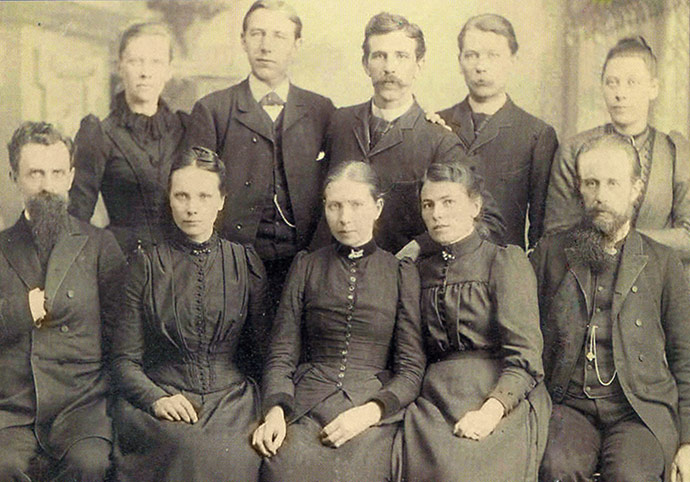
Ministry Updates
Do Missions Work?
January 14, 2014
by Interactive Supply

Last December, over 3,000 people gathered in a hot stadium in Manzini, Swaziland, to celebrate the 120th anniversary of the Evangelical Church. The Swazi denomination — not to be confused with greater Evangelicalism — was founded by TEAM missionaries in the early 1890s and now has hundreds of nationally led churches across southern Africa.
They invited TEAM CEO Scott Henson to speak about TEAM’s legacy there, which includes founding schools and hospitals along with building churches. He shared the stage with Sibusiso Dlamini, Swaziland’s prime minister and himself a product of the Evangelical Church.
Milestones like this are worth a party. We often point to such events and their accompanying church-growth statistics as evidence of the success of missions, and rightly so.
But church growth is only one indicator of whether missions work. It’s probably the most concrete one we have, so we tend to put a lot of stock in it. Growth alone, however, is not necessarily proof of a healthy missions movement, since growth can be affected as much by celebrity or unorthodoxy as it can by spiritual vitality.
Are there other metrics that point to the success of missions on a larger scale, to the type of holistic, all-encompassing redemption that Christ promises to usher in with his Kingdom (Acts 3:21)?
As it turns out, there are. A growing body of evidence has cropped up in recent years painting a picture of Christianity’s widespread and deep-reaching transformative impact, from Rodney Stark’s sociology work to the validation of Compassion International’s approach to child sponsorship.
 The latest — and perhaps most comprehensive — piece of research yet is by University of Texas researcher Dr. Robert Woodberry. Featured on the cover of the most recent issue of Christianity Today, the sociologist’s work painstakingly documents the impact of 19th Century missions on economic development, democratization, education and human rights, among other factors.
The latest — and perhaps most comprehensive — piece of research yet is by University of Texas researcher Dr. Robert Woodberry. Featured on the cover of the most recent issue of Christianity Today, the sociologist’s work painstakingly documents the impact of 19th Century missions on economic development, democratization, education and human rights, among other factors.
Woodberry found that regions of the world where missionaries were significantly present in the 1800s are, on average, “more economically developed today, with comparatively better health, lower infant mortality, lower corruption, greater literacy, higher educational attainment (especially for women), and more robust membership in nongovernmental associations.”
In short, missions work. Where missionaries were present, we clearly see the Kingdom breaking in.
Woodberry’s study is not just an inspiring sermon illustration or the message of an evangelical advocacy group. It is the result of 14 years of digging by Woodberry and a small army of university research assistants, vetted by rigorous statistical analysis and peer reviews in leading journals.
It comes with two significant footnotes. First, state-funded or government-aligned missionaries didn’t seem to have the same positive impact that other Protestant missionaries did. That is, missionaries who were independent of colonial control appeared to do more good for society.
And second, most missionaries did not set out to be social reformers. Their impact on culture was more a side effect of their love for others.
That was probably the case for those early TEAM missionaries in Swaziland. They served faithfully, and no doubt imperfectly at times, without ever thinking their efforts would grow into a denomination that would someday produce three of the country’s prime ministers and its first minister of education (incidentally, that man also designed Swaziland’s national flag).
Swaziland still has its share of troubles, of course, such as a crippling HIV/AIDS epidemic and plummeting life expectancy. Modern challenges like these are demanding new approaches by missionaries and the church there. And only time will tell if missionaries today leave a legacy on par with that of those early missionary pioneers.
But if 2000 years of church history are any indication, we suspect Christ will continue finding new ways to bring his Kingdom to earth as it is in heaven.

